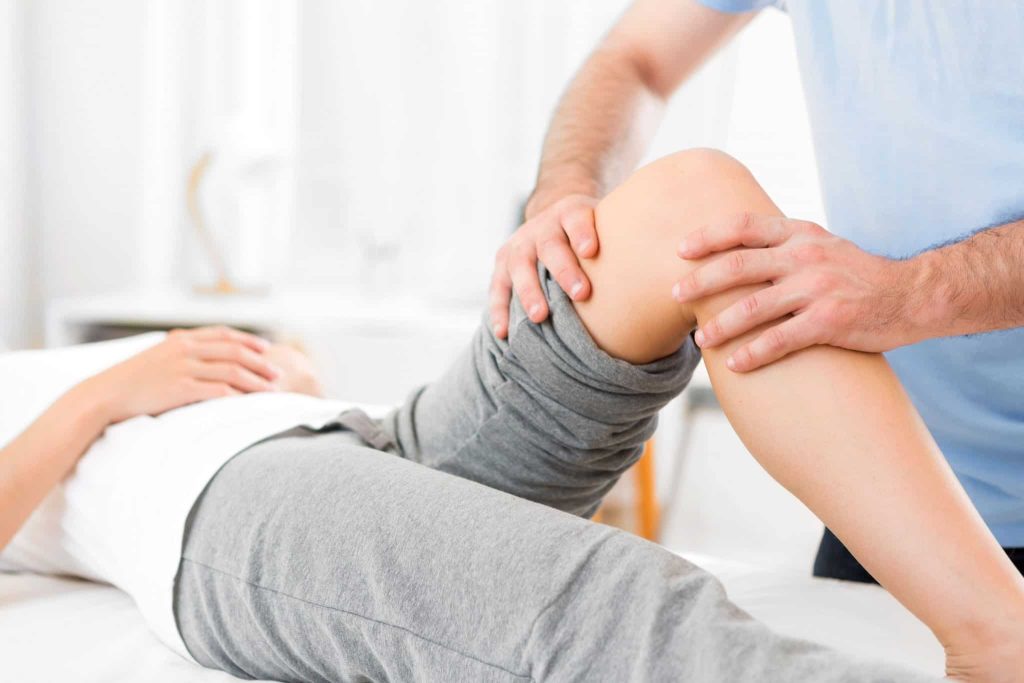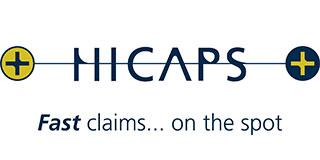Osteopath For Shin Splints: Causes, Symptoms, and Treatment
Shin splints, medically known as medial tibial stress syndrome, are common among athletes, particularly runners. This condition involves pain along the inner edge of the shinbone (tibia) and is often associated with recent changes in physical activity. Understanding the causes, recognizing the symptoms, and exploring effective treatments, mainly through osteopathy, are essential steps towards recovery.
Chirn Park Health Group on the Gold Coast offers specialized osteopathic services to address this condition effectively.
Causes of Shin Splints
Overuse and Physical Activity
The primary cause of shin splints is overuse or stress on the shinbone and the tissues attaching the shinbone to the muscles surrounding it. This condition is prevalent in athletes who engage in rigorous physical activities, especially running or jumping.
Improper Footwear and Surfaces
Wearing inappropriate or worn-out footwear that doesn’t offer adequate support can lead to shin splints. Additionally, running or exercising on hard surfaces can increase the risk.
Footwear that lacks appropriate support or does not suit the individual’s foot type can exacerbate stress on the lower leg muscles and the tibia. An osteopath can guide a patient in selecting shoes that offer adequate cushioning and support tailored to the patient’s specific foot mechanics, such as arch support for individuals with flat feet or overpronation.
Muscle Imbalance and Biomechanical Issues
Weakness in the lower leg muscles or an imbalance between the muscles can contribute to developing shin splints. Also, specific biomechanical issues like flat feet or overpronation can increase the stress on the lower leg.
Symptoms of Shin Splints

Pain and Tenderness
The most common symptom is a throbbing, aching pain along the inner part of the lower leg. The area may also be tender to the touch.
Swelling
In some cases, mild swelling in the lower leg can be observed.
Pain that Worsens with Activity
The pain typically worsens during physical activity and eases with rest. However, if left untreated, the pain can become continuous and limit even regular daily activities.
Osteopath for Shin Splints

Initial Assessment
Osteopaths start with a thorough assessment to understand the specific causes and severity of the condition. This assessment may include a gait analysis and a review of the patient’s athletic and training practices.
Manual Therapy
Osteopaths use various hands-on techniques to relieve pain, reduce swelling, and improve mobility. Soft tissue massage, stretching, and mobilization can be particularly effective.
Correcting Biomechanical Imbalances Through Osteopathy for Shin Splints
Osteopathic treatment is uniquely positioned to address the root causes of shin splints, particularly by focusing on correcting biomechanical imbalances in the body. Biomechanical imbalances can contribute significantly to the development of shin splints, as they can alter how forces are distributed through the legs, feet, and the rest of the body during movement.
Correcting these imbalances is not only crucial for relieving current symptoms but also for preventing future occurrences. Here’s a detailed look at how osteopaths approach these corrections:
Personalized Exercise Programs
Patients may receive personalized exercise programs designed to gradually increase the strength and flexibility of the muscles in the lower legs, thereby reducing the risk of recurrence.
The key to effectively correcting biomechanical imbalances with osteopathy lies in personalising treatment plans. Each patient presents unique imbalances, symptoms, and lifestyle factors.
Exercises to Strengthen Lower Leg Muscles
Weaknesses in the muscles around the shin and the lower leg can increase strain on the tibia. Osteopaths often prescribe targeted exercises to strengthen these muscles, enhancing their ability to absorb and distribute the forces generated during activity. These exercises might include calf raises, toe taps, and resistance band exercises for the ankle and foot. Strengthening the lower leg muscles helps stabilize the shinbone, reducing the risk of shin splints.
Techniques to Improve Overall Posture and Gait
Biomechanical imbalances often extend beyond the feet and legs, with issues in posture and gait contributing significantly to the development of shin splints. Osteopathic treatment may involve a comprehensive assessment of the patient’s posture and walking or running gait.
Based on this assessment, the osteopath can identify specific imbalances or irregular movement patterns that might contribute to shin splint symptoms.
Techniques such as manual therapy to release tight muscles, joint mobilization to improve movement, and specific exercises to correct postural imbalances can be employed.
Additionally, patients may receive guidance on adjusting their walking or running form to distribute forces more evenly across the lower body.
Advice and Education
Education is a critical component of osteopathic treatment.
Patients learn about the importance of proper warm-up and cool-down routines, adequate rest periods, and the gradual increase of training intensity.
Choosing Chirn Park Health Group: Gold Coast Osteopath For Shin Splint Pain
Shin splints can be frustrating and painful, but overcoming them and returning to your favourite activities is possible with the right approach. Through proper footwear advice, targeted exercises, and techniques to improve posture and gait, osteopaths can help patients achieve lasting relief and confidently return to their preferred activities.
At Chirn Park Health Group, our Gold Coast Osteopath professionals are dedicated to providing personalized, effective treatment plans that address the root cause of your shin splints. Our comprehensive approach not only alleviates your current discomfort but also aims to prevent future injuries.
If you’re struggling with shin splints, we encourage you to contact us to learn more about how osteopathy can help you get back on your feet. Remember, a proactive approach to your health can make all the difference!









